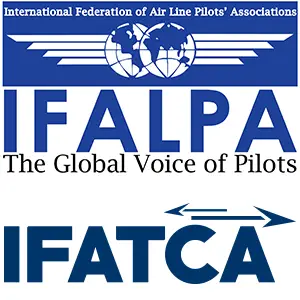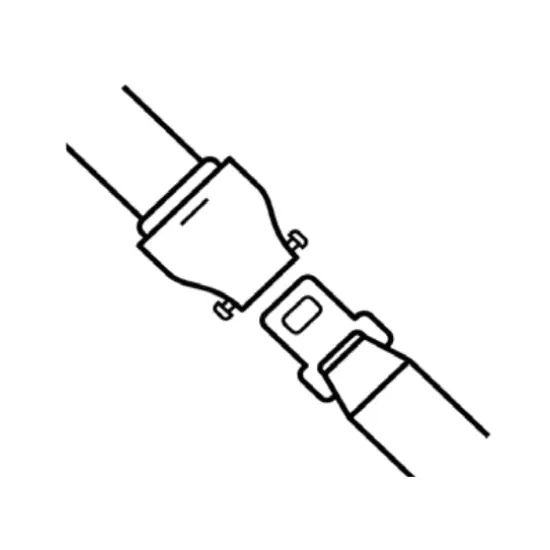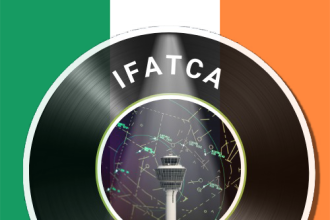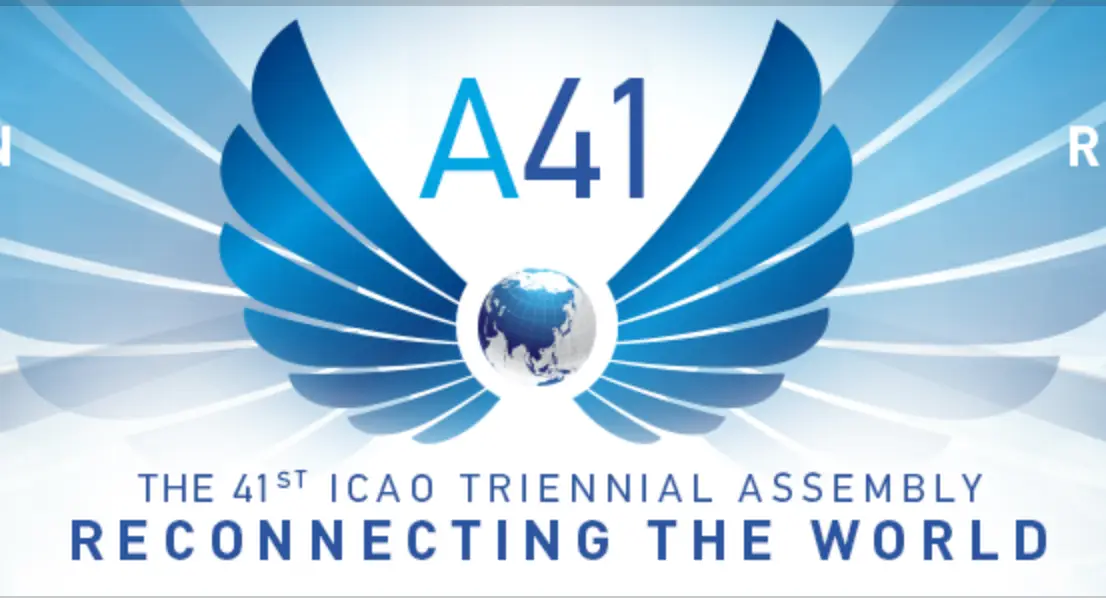JOINT IFALPA-IFATCA
SAFETY BULLETIN
24SAB01
29 February 2024

BACKGROUND
IFALPA and IFATCA have been made aware of aircraft experiencing a critical communication issue while en-route over Somalia, within the Mogadishu FIR. Crews were presented with instructions coming from “fake controllers” via the regular ATC frequency, with the apparent intention of diverting the flight from is planned route.
AREA OF OCCURRENCE
Unlawful communication interferences have happened before and can happen anywhere, especially around conflict zones. In this particular case, reports have been originating in the Mogadishu FIR, with the latest NOTAM (HCSM A0022/24) indicating “unlawful VHF interference within 150nm centered on position HARGA” and advising that “flights should not expect level change unless in contact with Mogadishu ARTCC” via CPDLC or dedicated SATCOM numbers”.
RECOMMENDATIONS
- It is essential that all crews are briefed on these incidents and the appropriate response protocols.
- Crews should remain vigilant and exercise extreme caution, particularly when receiving unusual or unexpected instructions via potentially compromised frequencies.
- Crews should query any suspicious VHF communications that may not match expected flight plan routing and, when in doubt, seek confirmation through alternate communication channels, preferably SATCOM.
- Where available, make use of IATA’s In-Flight Broadcast Procedure (IFBP) on 126.9MHz.
- All instances of communication interference or unexpected instruction should be reported immediately to the appropriate authorities, including air traffic control and airline operations, to ensure a comprehensive response and to contribute to the safety and security of the airspace.
CONCLUSION
Maintaining secure and reliable communication is paramount for the safety of flight operations. IFALPA and IFATCA strongly recommend disseminating this information widely to ensure that all flight crews are aware of these events and the recommended protocols.
©2024 The International Federation of Air Line Pilots’ Associations. This publication is provided for information purposes only, in all cases pilots should follow their company’s guidance and procedures. In the interest of flight safety, reproduction of this publication in whole or in part is encouraged. It may not be offered for sale or used commercially. All reprints must credit IFALPA.






